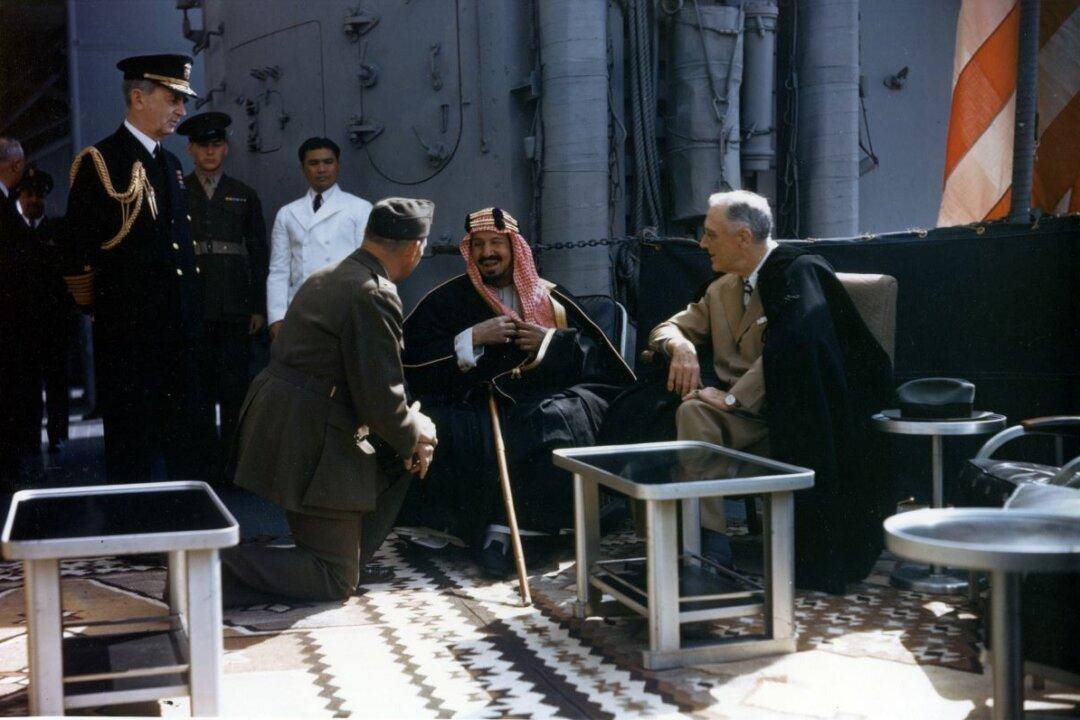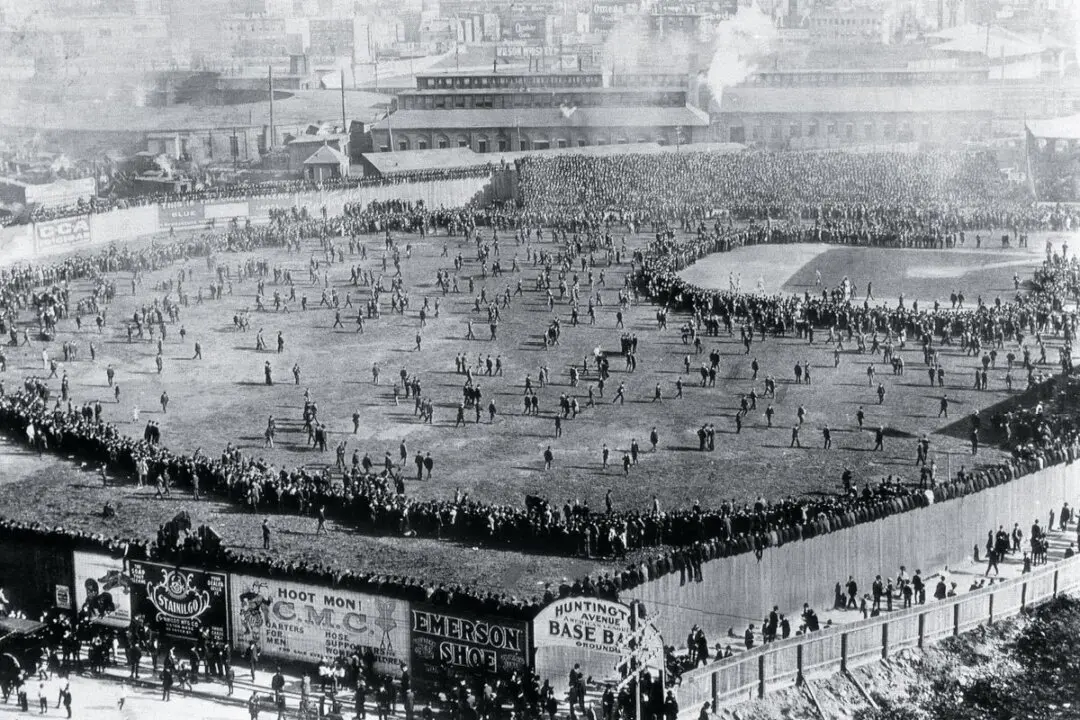It would be easy to look at those who have succeeded in life and point to their success as the product of a constant succession of kind years.
It would be easy to look upon a Charles Willson Peale painting of George Washington and see the general as all-conquering. Or John Trumbull’s “Surrender of Lord Cornwallis” and see the Continental Army as an unstoppable force.






